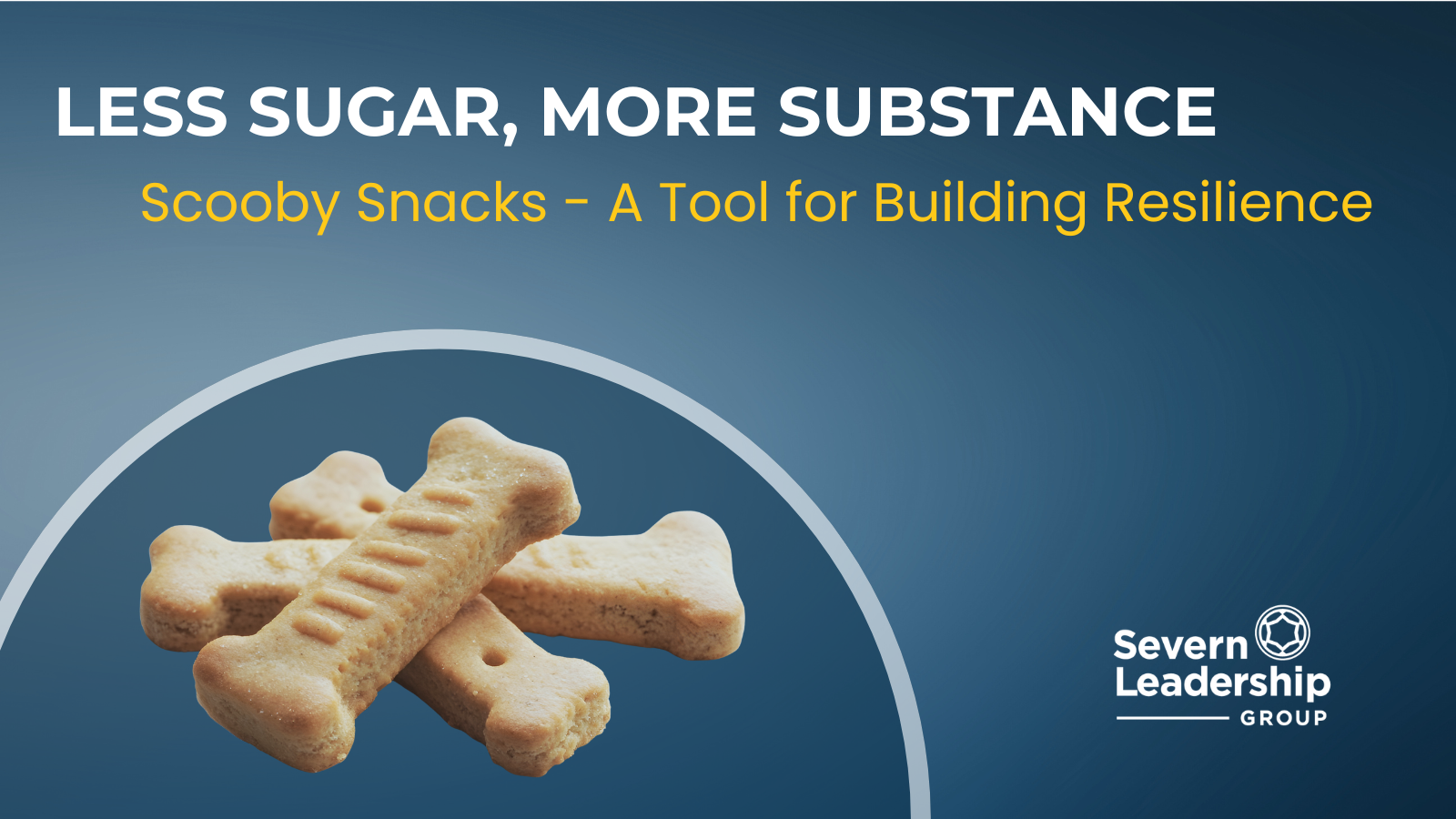Self-Perception and Swing: Balancing Confidence and Criticism
A leader must be able to balance self-perception and confidence for themselves and their team.

.png)
My first boss had only completed the 10th grade before coming to the United States. He soon got work unloading sides of beef in a warehouse. Thirty years later, in 1976, Gerry had over 1,400 people working for him in three distribution centers that shipped and delivered almost two billion dollars of groceries annually.
Lessons from a Mentor
I was fortunate to spend frequent Friday evenings after work enjoying beer and French fries with him and another early mentor. Gerry would often comment on events and people’s actions and behaviors. He would then temper his critique by paraphrasing from the Robert Burns poem To a Louse by saying “Oh the gift, the gift it is to see ourselves as others see us.” This was his way of saying that it is easy to see and talk about the faults and mistakes of others. It is not so easy to see and accept our faults and mistakes. He viewed realistic self-perception as a precious gift, even when it was not pretty or complimentary.
Decades later, I encountered the Severn Leadership Group and the elements of Emotional Intelligence (EQ). Here was data-driven validation of Gerry’s hard-earned insights on the importance of self-perception. Two of “the big three” EQ elements: self-awareness and self-actualization, require the ability to honestly self-assess. In The Virtue Proposition, Five Virtues That Will Transform Leadership, Team Performance, and You Sig Berg points out:
“Self-perceptions include the leader’s ability to know and manage himself or herself. Such self-awareness means having a deep understanding of one’s emotions, strengths, weaknesses, needs, and drives. The goal here is to have an honest and realistic assessment of oneself—one that is neither too critical nor too confident.” (p. 76)
Life Application
A leader must be able to balance self-perception and confidence for themselves and their team. In my first performance review, Gerry pointed out that my courage exceeded my intelligence and that I was not stupid. That was the entire review. In retrospect, there were situations in my leadership career where courage led to overconfidence, and intelligence (or overthinking) led to unproductive self-criticism. This lack of self-awareness and the necessary balance between confidence and criticism led to less-than-optimum team results in these situations.
It is the leader’s responsibility to use the behaviors of virtuous leadership to enable themselves and the team to achieve balance. In Boys in the Boat, by Daniel James Brown, the main character, Joe Rantz, has confidence in his strength and ability as a rower. What he lacked was the confidence that he belonged in the boat. George Pocock, boat builder and advisor to the University of Washington crew coach enabled Rantz to overcome that self-criticism. The results were spectacular.
Building Lasting Bonds through Virtuous Leadership
Later in The Virtue Proposition:
“Within the overlapping, interconnected, reinforcing qualities of the [SLG] Leadership Model is visible the power of virtue intelligence when it is at the heart of a successful team. For it is only with self-awareness, balance, and synchronicity that a team can meaningfully amp up the performance threshold to serve an attachment bond that transcends individual intention or motivation.” (p. 82)
Self-awareness and the balance of confidence and criticism make possible the synchronicity required to achieve “swing”. Achieving amped-up performance becomes secondary to the “attachment bond that transcends individual intention or motivation”. That is the story of “Boys in the Boat”. What they achieved in a few minutes that day in Germany was mythical. In the end, it was the bonds of attachment that they cherished for a lifetime.
The Severn Leadership Group Fellows Program teaches that character, the virtues of love, integrity, truth, excellence, and relationships (LITER) all catalyzed by courage are foundational to enabling leaders and teams to achieve extraordinary outcomes. Paradoxically, the SLG virtue proposition even more profoundly impacts a leader and a team at the core of who they are individually and collectively. It is here that the bonds of attachment are formed and are treasured for a lifetime and beyond.

Sheldon is a Severn Leadership Group Board Member and has been an SLG mentor since 2022. His career was primarily in corporate supply chain leadership and related consulting. Sheldon has a BS in Finance from Lehigh University and an MBA in International Business from Emory University.
He and his wife Janet, after a lifetime of corporate moves, live in Fort Myers, FL, and thrive on service, traveling, and the joy of nine grandchildren.




